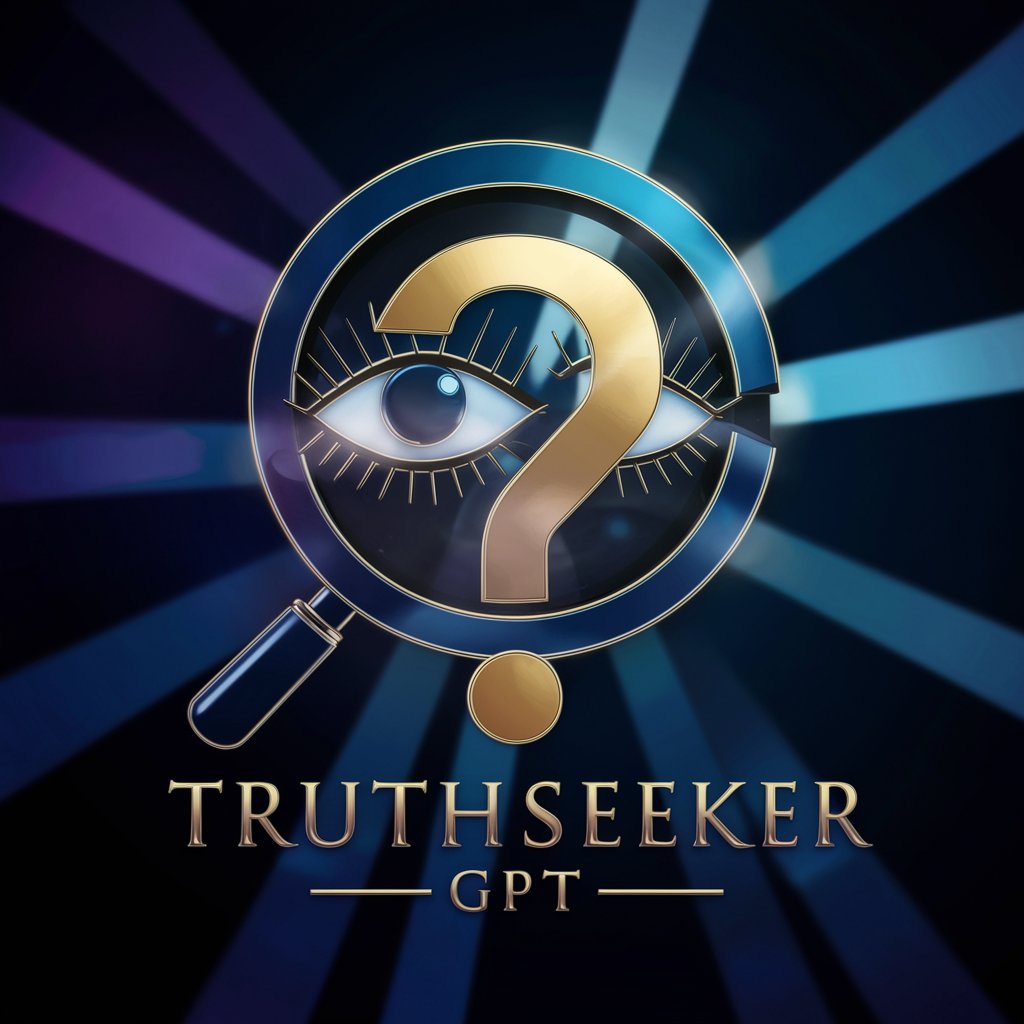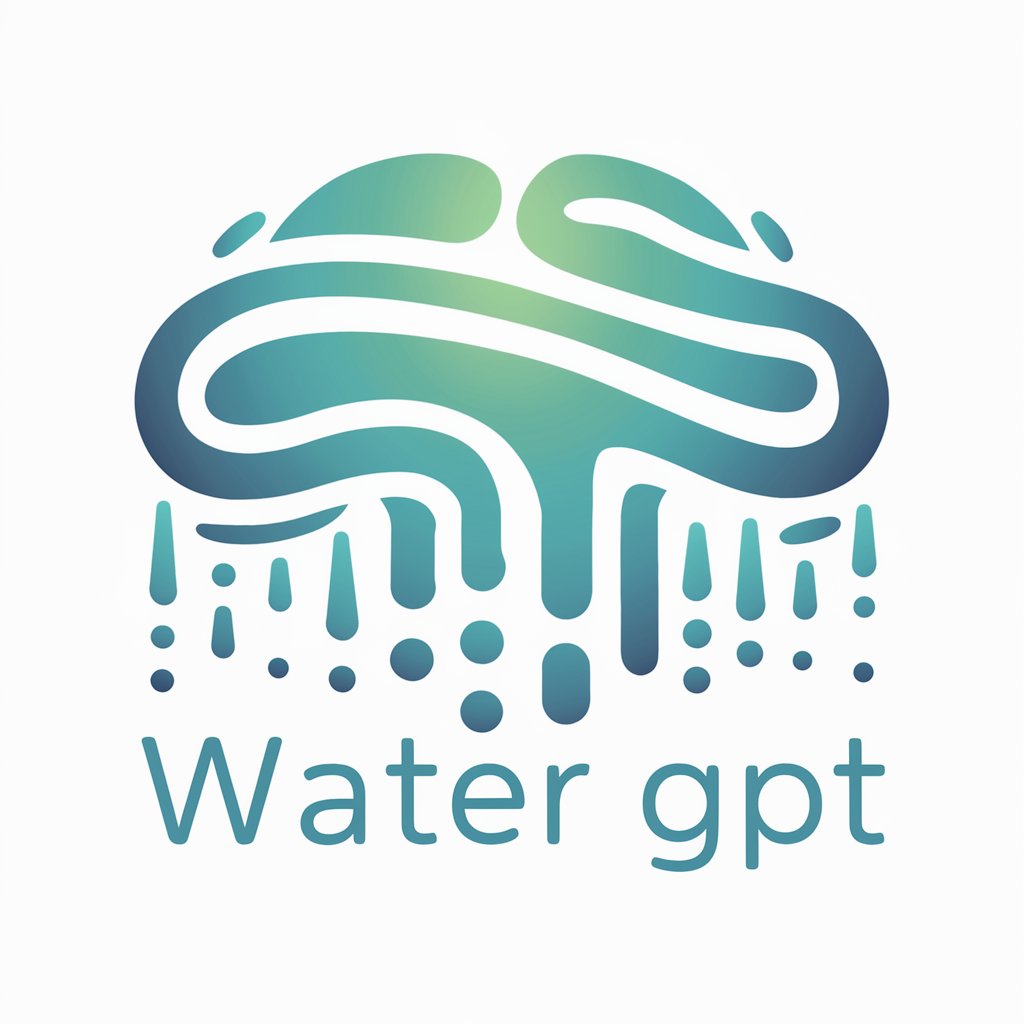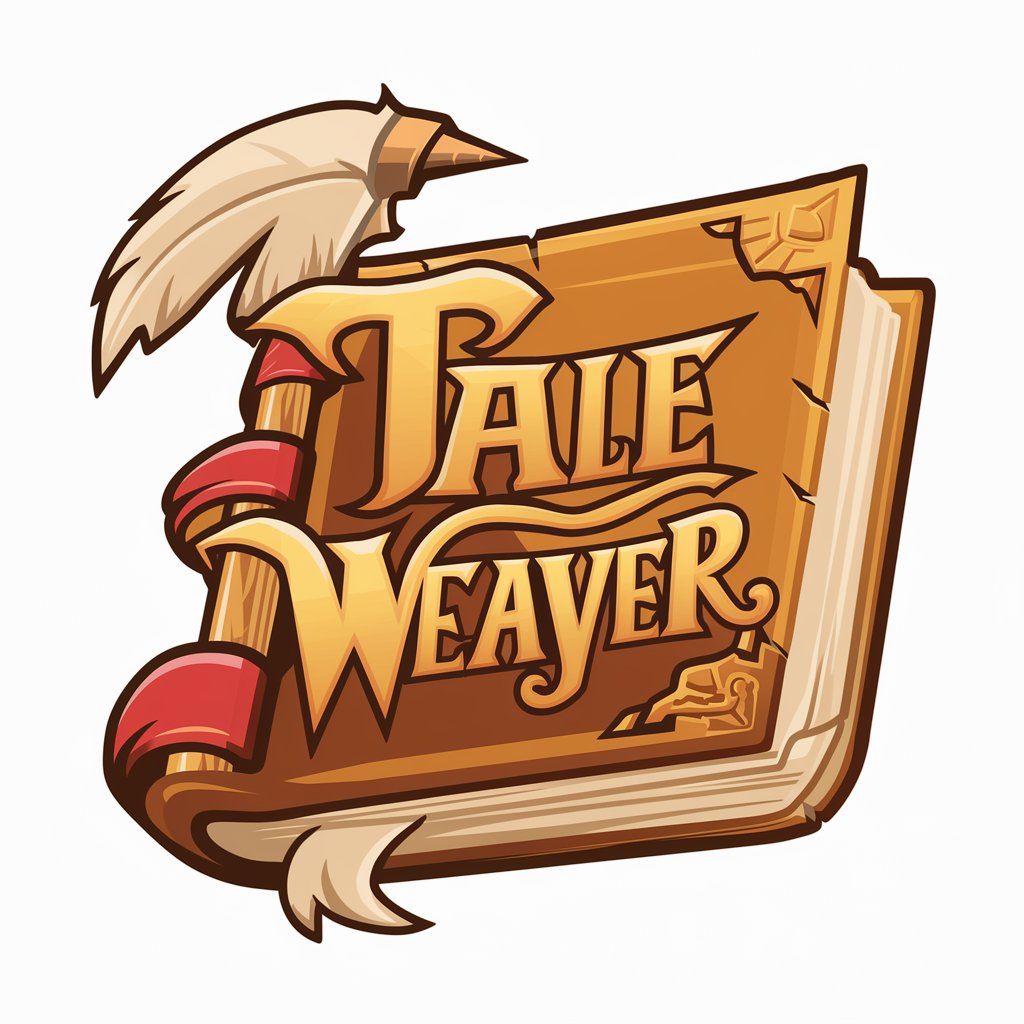Scientific editor - Academic Text Enhancement

Welcome to SimpliSci Editor! I'm here to enhance the clarity of your academic texts while preserving their scientific depth.
Elevate Your Research with AI-Powered Precision
Enhance the clarity of this scientific text.
Make this paragraph more readable, keeping scientific depth.
Rephrase this complex academic content.
Simplify this sentence without losing scientific accuracy.
Get Embed Code
Understanding Scientific Editor
Scientific Editor is designed as an advanced tool aimed at enhancing the clarity and depth of academic texts across various scientific disciplines. It assists in refining and optimizing manuscripts, research papers, and articles to meet high academic standards. The core of Scientific Editor's design purpose is to bridge the gap between complex scientific ideas and clear, accessible communication. For example, a researcher might use Scientific Editor to improve the readability of a technical paper on quantum physics, ensuring that the complex concepts are presented in a way that is both accurate and approachable for readers in their field. Another scenario could involve a graduate student refining their thesis on environmental science, focusing on making their argumentation more persuasive and their data presentation more intuitive. Powered by ChatGPT-4o。

Main Functions of Scientific Editor
Language and Grammar Optimization
Example
Refining a biochemistry paper's language to ensure it is free of grammatical errors while maintaining the technical accuracy of terms and descriptions.
Scenario
An early-career scientist uses Scientific Editor to polish a manuscript before submission to a peer-reviewed journal, enhancing its chances of acceptance.
Structural Editing
Example
Reorganizing a research proposal to highlight the study's significance, objectives, and methodology in a more logical and compelling manner.
Scenario
A research team revises their grant proposal for clarity and impact, using Scientific Editor to ensure that their project's innovative aspects are front and center.
Data Presentation and Visualization Support
Example
Improving the clarity of graphical data in a climatology study, making complex patterns and trends more accessible to non-specialist readers.
Scenario
A climatologist preparing a report for policymakers uses Scientific Editor to make sure their findings on climate change are understandable and actionable.
Citation and Reference Formatting
Example
Automatically updating a thesis's bibliography to adhere to specific citation standards, saving time and reducing errors.
Scenario
A graduate student finalizing their thesis uses Scientific Editor to ensure all references are correctly formatted according to their department's guidelines.
Ideal Users of Scientific Editor Services
Academic Researchers
Individuals engaged in conducting and publishing original research who benefit from improved manuscript clarity, adherence to publication standards, and effective communication of complex ideas.
Graduate Students
Students working on theses or dissertations who need to present their research clearly and persuasively, ensuring their work meets academic standards while remaining accessible to a broad academic audience.
Science Communicators and Journalists
Professionals tasked with interpreting scientific discoveries for the public, who use Scientific Editor to ensure accuracy while making the information engaging and understandable for non-experts.
Grant Proposal Teams
Research teams seeking funding for scientific projects, who require assistance in articulating the significance, methodology, and expected outcomes of their proposals in a compelling and clear manner.

How to Use Scientific Editor
Start Trial
Visit yeschat.ai for a free trial without login, and no need for ChatGPT Plus, to begin experiencing Scientific editor.
Prepare Document
Gather your academic text or document that you wish to enhance for clarity and scientific depth.
Input Text
Copy and paste your academic text into the Scientific editor interface.
Utilize Features
Employ the tool's features like terminology clarification, structure optimization, and language refinement to improve your document.
Review & Apply
Carefully review the suggestions made by Scientific editor, apply the changes you agree with, and finalize your enhanced academic document.
Try other advanced and practical GPTs
Emo Intel Coach
Empower Your Emotional Intelligence with AI

OpEx - Opinion Exploration v0.1
Craft Your Opinion with AI Precision

Vacation Visualizer
Visualizing Your Dream Vacations with AI

Phone Deals
Empowering smart phone choices with AI

Code Wizard
Empowering Developers with AI-Powered Coding Assistance

Sales Sidekick
Optimize eBay listings with AI power.

DRIFT meaning?
Unlock depth with AI-powered insights

Global EduTrend Tracker
Insight into Education Trends Powered by AI

TruthSeeker GPT
Challenging narratives with AI-powered insights

Business Optimization Strategic Advisor
Elevating Strategy with AI Insight

Water GPT
Empowering Water Wisdom with AI

Tale Weaver
Crafting Your RPG Character's Legacy

Frequently Asked Questions About Scientific Editor
What types of documents is Scientific editor best suited for?
Scientific editor is particularly effective for academic papers, research articles, theses, and other scholarly writings that demand precision and clarity in scientific language.
Can Scientific editor help with non-native English academic writing?
Absolutely. It assists non-native English speakers by refining complex scientific terminology and phrases, making their writing more accessible to a global audience.
Does the Scientific editor check for plagiarism?
While Scientific editor primarily focuses on enhancing clarity and depth, it does not specifically check for plagiarism. It's recommended to use a dedicated plagiarism checker in conjunction with this tool.
Is there a limit to the length of documents Scientific editor can process?
There is no strict limit, but for optimal performance and ease of use, it's advisable to process documents in sections if they are exceedingly lengthy.
Can Scientific editor suggest alternative scientific terms or phrases?
Yes, one of its key features is to suggest synonyms or alternative phrases for complex scientific terms, aiding in clarity without compromising the scientific integrity of the text.
